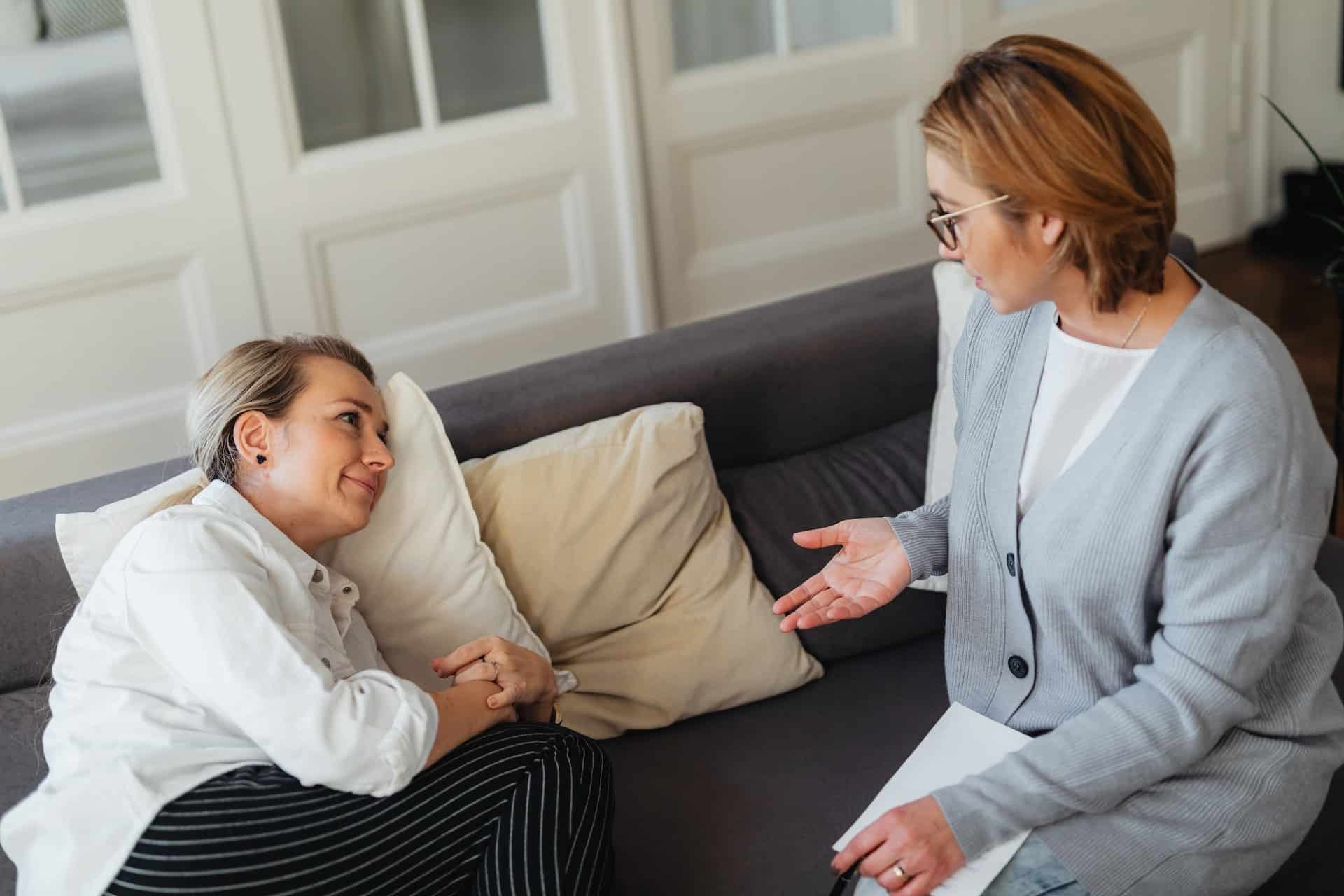Individual counseling, also known as one-on-one therapy or psychotherapy, is a deeply personal and effective approach to addressing mental health challenges, emotional struggles, and life transitions. Unlike group therapy or support networks, individual counseling provides a private, tailored space where a person works directly with a trained professional to explore their thoughts, feelings, and behaviors. This article delves into what individual counseling is, how it works, and why it’s a powerful tool for personal transformation.
What is Individual Counseling?
Individual counseling is a collaborative process between a client and a licensed therapist or counselor. It’s designed to help individuals navigate a wide range of issues, such as anxiety, depression, trauma, addiction, relationship difficulties, or simply the desire for self-improvement. Sessions typically last 45-60 minutes and occur weekly or biweekly, though the frequency and duration can vary based on the client’s needs.
The hallmark of individual counseling is its customization. Therapists adapt their techniques to suit the unique circumstances, goals, and personality of each client, making it a highly flexible and responsive form of support.
How Does Individual Counseling Work?
The process begins with an initial session where the counselor builds rapport with the client and gathers information about their concerns, history, and objectives. From there, the counselor and client work together to set goals, whether that’s managing stress, overcoming grief, or breaking free from destructive habits.
Counseling sessions often involve:
- Exploration: Discussing emotions, experiences, and patterns to uncover underlying issues.
- Techniques and Strategies: Employing evidence-based methods like Cognitive Behavioral Therapy (CBT), Dialectical Behavior Therapy (DBT), or mindfulness to address specific challenges.
- Goal Tracking: Regularly assessing progress and adjusting the approach as needed.
The counselor serves as a guide, offering insights and tools while empowering the client to take an active role in their healing.
Benefits of Individual Counseling
Individual counseling offers a range of benefits that make it a cornerstone of mental health care. Some of the most notable include:
- Personalized Attention: Unlike group settings, the focus is entirely on the individual, allowing for deeper exploration of personal issues.
- Safe Space: The confidentiality of one-on-one sessions fosters trust, enabling clients to share openly without fear of judgment.
- Improved Self-Awareness: Clients gain a better understanding of their thoughts, triggers, and behaviors, which is key to making meaningful changes.
- Coping Skills: Counselors teach practical strategies to manage stress, regulate emotions, and navigate life’s challenges.
- Flexibility: Sessions can address immediate crises or long-term goals, adapting to the client’s evolving needs.
For individuals in addiction recovery, individual counseling is especially valuable. It helps identify the root causes of substance use, build relapse prevention strategies, and repair self-esteem damaged by addiction.
Who Can Benefit from Individual Counseling?
Individual counseling is for anyone seeking support, not just those with diagnosed mental health conditions. It’s suitable for:
- People experiencing life transitions (e.g., divorce, career changes).
- Individuals struggling with grief, anger, or low self-worth.
- Those managing chronic stress or burnout.
- Anyone wanting to enhance their personal growth or relationships.
No issue is too big or too small—counseling meets people where they are and helps them move forward.
What to Expect in Sessions?
First-time clients may feel nervous about counseling, but it’s a process designed to be supportive, not intimidating. Sessions typically take place in a comfortable, private setting—either in-person or online. The counselor listens actively, asks thoughtful questions, and provides feedback, all while maintaining a nonjudgmental stance.
Progress isn’t always linear. Some sessions may feel uplifting, while others might stir up difficult emotions as deeper issues surface. Over time, however, most clients report greater clarity, resilience, and a sense of control over their lives.
Finding the Right Counselor
The success of individual counseling often hinges on the relationship between client and counselor. It’s important to find a professional whose approach and personality align with your needs. Look for:
- Credentials (e.g., licensed psychologist, LPC, or LCSW).
- Specialization (e.g., trauma, addiction, or anxiety).
- A connection—someone you feel comfortable with after an initial meeting.
Many counselors offer free consultations to help you decide if they’re the right fit.
Conclusion
Individual counseling is more than just a conversation—it’s a journey toward understanding oneself and building a healthier, more fulfilling life. Whether you’re facing a specific challenge or seeking personal growth, this one-on-one support offers a safe, structured path to healing. With the guidance of a skilled counselor, individuals can unlock their potential, overcome obstacles, and embrace lasting change. If you’re considering counseling, take the first step today—your future self will thank you.






